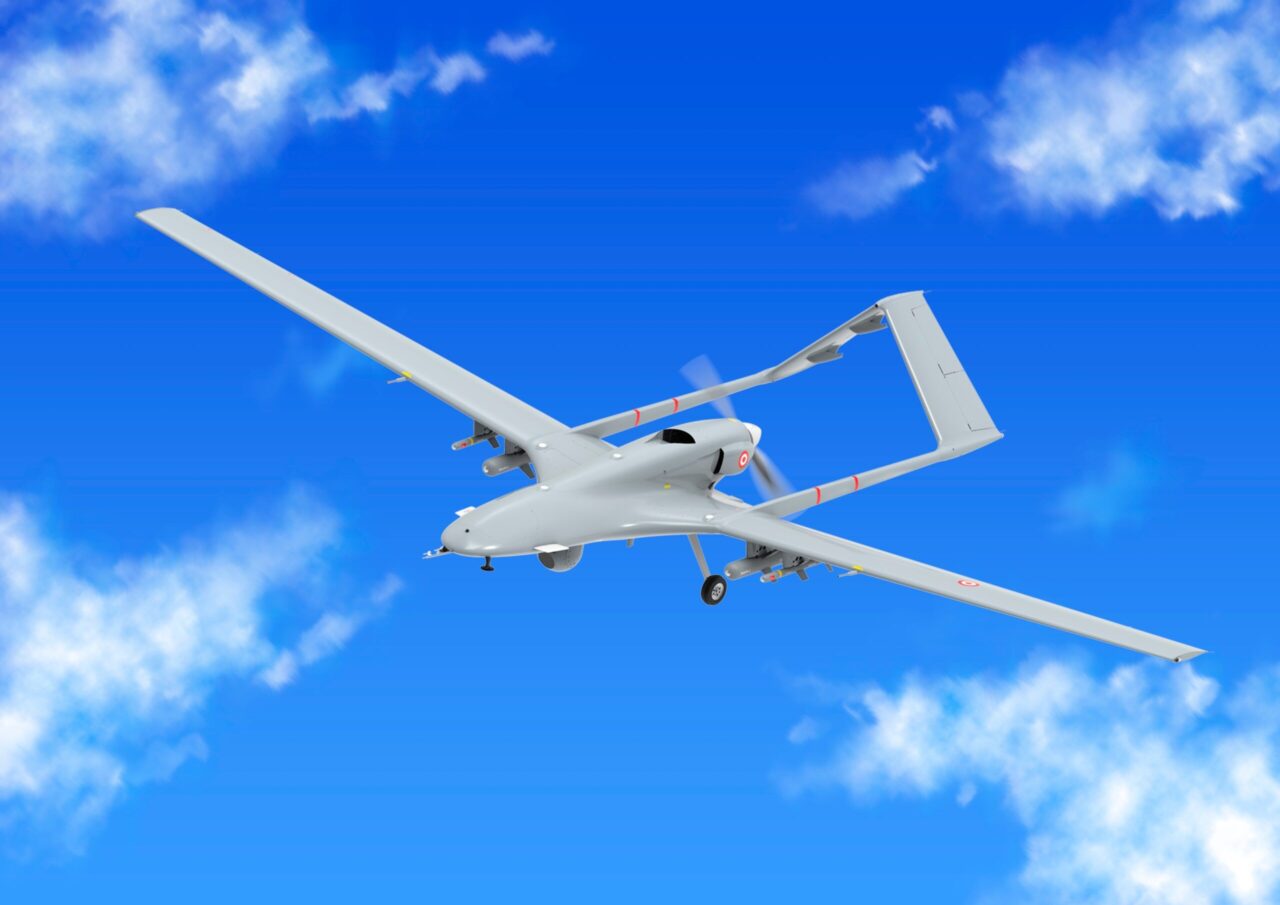The arrangement between Turkey and Italy provides Ankara with an opportunity to extend its export reach throughout Europe.
Ankara’s leading unmanned aerial vehicle manufacturer announced it would produce its infamous TB2 drone platform in Italy. According to a statement released by Baykar, the Akinci UAV will also be developed in collaboration with Piaggio Aerospace. As detailed by the manufacturer, “The production of the AKINCI and TB2 UAVs – two of the most advanced Unmanned Aerial Vehicles currently in service – has been designated for Piaggio Aerospace’s facilities to support future market demand.”
The TB2 has proved to be a wildly popular export for Baykar, helping put Ankara on the map in terms of defense manufacturing powerhouses. The arrangement between Turkey and Italy provides Ankara with an opportunity to extend its export reach throughout Europe. Back in March, Italian manufacturer Leonardo first penned the drone deal with its Turkish counterpart in a memorandum of understanding (MOU). In a statement addressing the arrangement, Leonardo will primarily focus on payloads and mission systems, which will be complemented by Baykar’s aircraft portfolio. While this collaboration will undoubtedly field strong UAV products, Turkey’s homegrown TB2 series will be hard to beat.
The TB2
Turkey’s TB2 Bayraktar medium-altitude, long-endurance UAV has become widely recognizable following its outsized role in the Russia-Ukraine war. However, the drone was developed over two decades ago. After the Turkish military adopted the UAV series in 2014, the TB2 embarked on its maiden flight the same year. The drones’ first combat experience occurred shortly after, when they were used by the Turkish military in its counterinsurgency efforts against the Kurdistan Workers’ Party and People’s Defense Units.
An internal combustion engine powers the Turkish drone, enabling it to travel at speeds in excess of 220 kilometers per hour at a maximum range of 300 kilometers. In terms of layout, the TB2 features six aerial vehicle platforms, two remote video terminals, three ground data terminals, and ground support equipment. The UAV’s configuration allows its pilot, mission commander, and payload operator to control the drone. As detailed by its manufacturer, “The system consists of Bayraktar TB2 Armed / UAV Platform, Ground Control Station, Ground Data Terminal, Remote Display Terminal, Advanced Base with Generator and Trailer modules.”
Based on the TB2’s impressive specs and capabilities, the drone has been exported to at least 13 countries to date. While the Turkish drone has certainly made headlines for its role in aiding Ukraine’s defensive efforts amidst the ongoing war, the TB2 also recently played an outsized role in the 2020 Nagorno-Karabakh conflict between Azerbaijan and Armenia. Drones continue to play greater and greater roles in modern conflict, as they represent cheaper and more accessible weapons that can be easily launched by state actors and non-state actors alike. Ankara is trying to take advantage of the surge in UAV popularity by making itself an armed drone manufacturing powerhouse. Baykar’s collaboration with its Italian counterpart in the recent MOU will only enhance Ankara’s global reach when it comes to the UAV market.
About the author: Maya Carlin
Maya Carlin, a Senior Editor for 19FortyFive, is an analyst with the Center for Security Policy and a former Anna Sobol Levy Fellow at IDC Herzliya in Israel. She has by-lines in many publications, including The National Interest, Jerusalem Post, and Times of Israel. You can follow her on Twitter: @MayaCarlin.
Image: Shutterstock.
